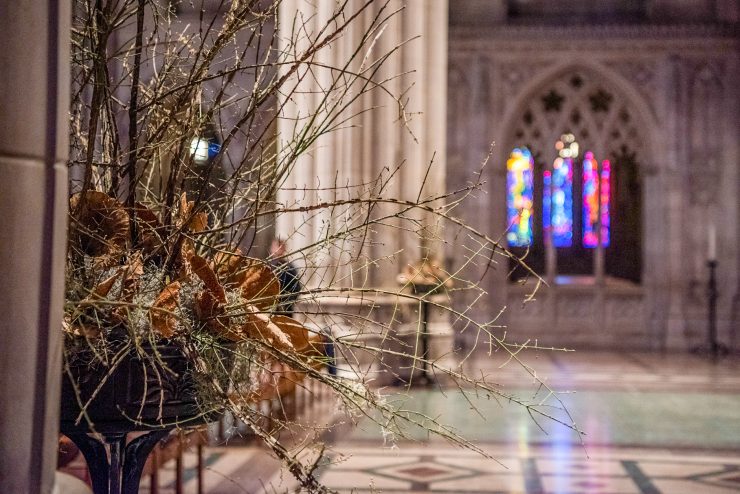St. Joseph

Luke 2:41-52
Every year Jesus’ parents went to Jerusalem for the festival of the Passover. And when he was twelve years old, they went up as usual for the festival. When the festival was ended and they started to return, the boy Jesus stayed behind in Jerusalem, but his parents did not know it. Assuming that he was in the group of travelers, they went a day’s journey. Then they started to look for him among their relatives and friends. When they did not find him, they returned to Jerusalem to search for him. After three days they found him in the temple, sitting among the teachers, listening to them and asking them questions. And all who heard him were amazed at his understanding and his answers. When his parents saw him they were astonished; and his mother said to him, “Child, why have you treated us like this? Look, your father and I have been searching for you in great anxiety.” He said to them, “Why were you searching for me? Did you not know that I must be in my Father’s house?” But they did not understand what he said to them. Then he went down with them and came to Nazareth, and was obedient to them. His mother treasured all these things in her heart. And Jesus increased in wisdom and in years, and in divine and human favor.
In the midst of this season of fasting we pause today for one of the few feast days that falls during Lent as we celebrate St. Joseph. He has such an important role in Scripture, featuring prominently in the birth and infancy narratives in Matthew and Luke, yet in many ways he remains so hidden from us. In Matthew’s gospel, it is Joseph who is visited by an angel with news that Mary would bear a son, a child who would save his people from their sins. Later Joseph is visited by another angel who warns him of the wrath of Herod and of his need to take Mary and the child Jesus and flee to safety in Egypt. Faced with the difficult, disruptive, and no doubt terrifying decision to leave his home and lead his family to an unknown land in search of safety, Joseph steadfastly obeys the messenger of God. Finally, when Herod dies and it is safe once again for the Holy Family to return to the land, Joseph leads them to Galilee, to a town called Nazareth. There he, along with Mary his wife, would raise the child Jesus.
After that we hear of Joseph only once more, in the story of the finding of the child Jesus in the Temple. When Mary and Joseph finally find him there after days of anxious searching, Jesus replies to his mother’s inquiry by saying, “Did you not know that I must be in my Father’s house?” Jesus’ response points to his own divine status but also to Joseph’s unique and holy task. He is not the child’s father; he is “the guardian of [the] incarnate Son”, as the prayer appointed for this feast puts it. Joseph fulfills this role faithfully, obediently, and lovingly, even if most of his life and labors are hidden from us from that time when “Jesus increased in wisdom and in years, and in divine and human favor” (Luke 2:52). In Scripture, Joseph is a figure who speaks through his actions instead of his words. In fact, no words of Joseph are recorded in all of Scripture.
The lessons St. Joseph teaches us are simple yet powerful and worthy of our attention: obedience to God’s commands, joyful and loving service, a quiet but strong faith shown forth in our actions and the way we live our lives.
prayer
O God, who from the family of your servant David raised up Joseph to be the guardian of your incarnate Son and the spouse of his virgin mother: Give us grace to imitate his uprightness of life and his obedience to your commands; through Jesus Christ our Lord, who lives and reigns with you and the Holy Spirit, one God, for ever and ever. Amen.
(The Book of Common Prayer, 239)
Daily Lenten meditations each have a companion morning prayer video offered by the same clergy. View the YouTube playlist to find this meditation’s companion video, or to watch others.